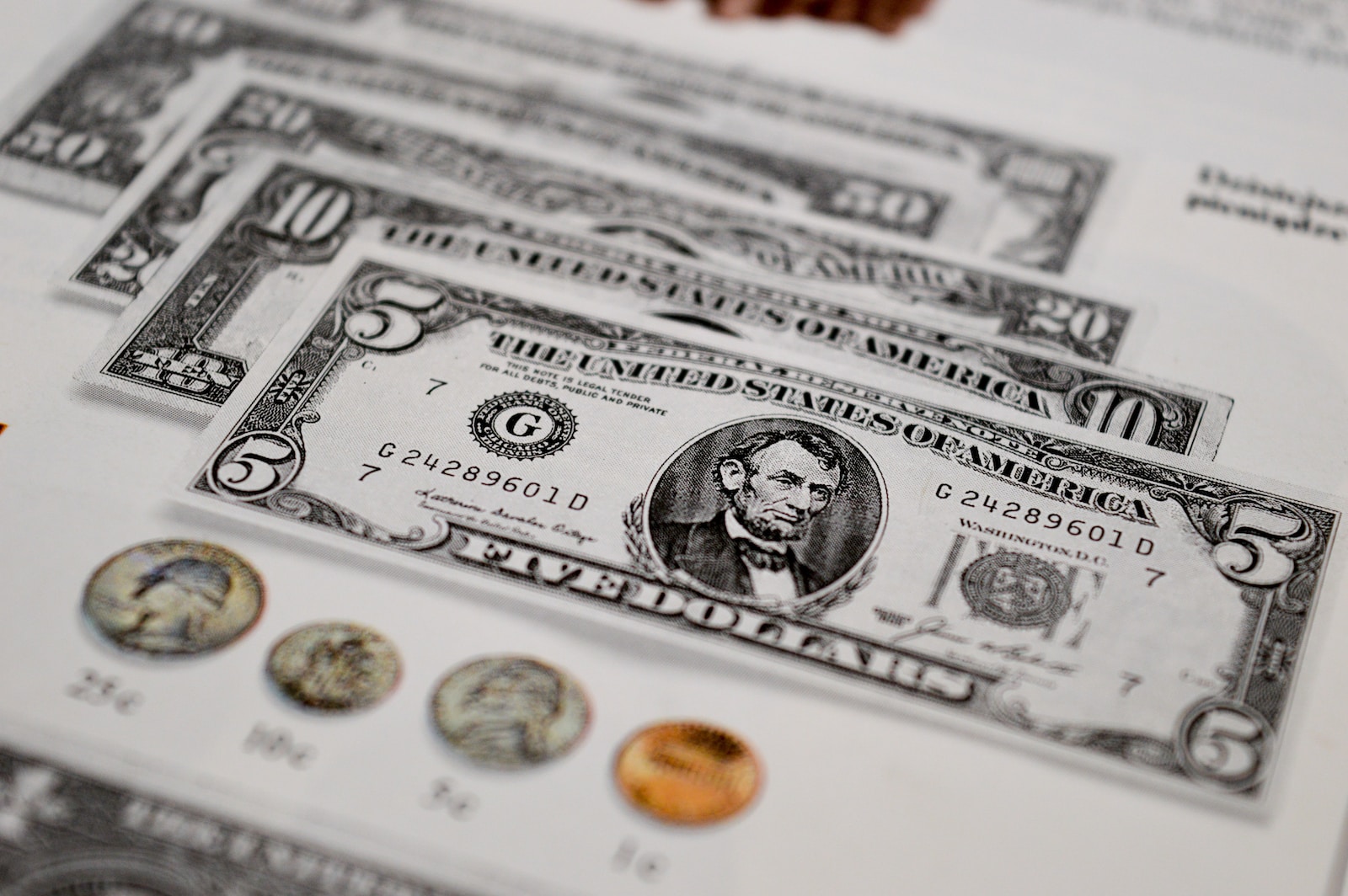Hello there, fellow ethical spenders and finance enthusiasts! I’m Lisa McMillan, your friendly neighborhood blogger with a penchant for ethical personal finance choices. Over the past four years, we’ve embarked on quite the journey, exploring how our everyday spending decisions can have a far-reaching impact on the world around us. Today, let’s dive deep into the fascinating world of the ripple effect of ethical personal finance choices.
You see, it’s easy to underestimate the significance of our daily financial decisions. Buying a cup of coffee, choosing a particular brand of clothing, or even investing in a certain company may seem like minor choices, but they can send ripples throughout the global economy and society. So, grab your favorite eco-friendly beverage, get comfy, and let’s explore this interconnected web of ethical finance.
Ethical Shopping Choices:
Our first stop is the world of ethical shopping choices. You know, those moments when you’re standing in the aisle, deciding between two similar products. Let’s take the example of choosing between a locally made, organic cotton T-shirt and a mass-produced, sweatshop-manufactured alternative.
When you opt for the ethical choice, you’re not just buying a shirt; you’re supporting fair wages, sustainable farming practices, and reducing carbon emissions associated with shipping. That single choice can make a real difference to workers’ lives, reduce the fashion industry’s environmental impact, and set an example for others to follow.

Banking and Investment Decisions:
Now, let’s talk about our financial institutions and investment portfolios. Where you choose to bank or invest your money can be a powerful statement of your values. Say you decide to move your savings to a local credit union that reinvests in the community, rather than a big Wall Street bank.
This simple move can support small businesses, help fund local infrastructure projects, and reduce the influence of mega-corporations. Similarly, when you invest in companies with strong ethical and environmental practices, you’re encouraging responsible corporate behavior and contributing to a more sustainable future.
Ethical Food Choices:
Ah, food – it’s not just sustenance; it’s a key area where ethical personal finance choices can shine. Consider your decision to buy locally sourced, organic produce versus grabbing whatever’s cheapest at the supermarket. This choice can support local farmers, reduce food miles, and promote healthier, chemical-free farming practices.
But the ripple effect doesn’t stop there. When you choose to dine at restaurants that prioritize sustainable sourcing, you’re encouraging the food industry to adopt more ethical practices. It’s like a delicious cycle of positive change!
Transportation Choices:
Now, let’s hit the road, shall we? Your choice of transportation can have a considerable impact on both your wallet and the environment. Opting for public transit, carpooling, biking, or investing in an electric vehicle all contribute to reducing your carbon footprint.
But it doesn’t end with personal benefits. A collective shift toward eco-friendly transportation choices can lead to decreased pollution, reduced traffic congestion, and increased investments in public transportation infrastructure – all benefiting society at large.
Ethical Investing and Divesting:
Investing isn’t just for the Wall Street suits; it’s a playground for ethical choices. Let’s say you decide to divest from fossil fuels and invest in renewable energy companies instead. This action not only aligns your investments with your values but also sends a powerful message to the fossil fuel industry.
When enough individuals and institutions divest from harmful industries, it can lead to decreased financial support for those industries, potentially accelerating the transition to a greener, more sustainable economy.

Philanthropy and Charitable Giving:
Finally, let’s talk about giving back. Ethical personal finance isn’t just about how we spend and invest; it’s also about how we choose to give. When you make donations to causes and organizations aligned with your values, you’re directly contributing to positive change.
Your financial support can fund research, provide resources to communities in need, and help address pressing societal issues. It’s like being a superhero with a checkbook – making the world a better place, one donation at a time.
In conclusion, the ripple effect of ethical personal finance choices is undeniable. What may seem like minor decisions on the surface can create a wave of positive change that impacts individuals, communities, industries, and even the planet. So, the next time you’re faced with a financial choice, remember that your decision isn’t just about you – it’s about the world we all share.
As we continue on this journey of ethical spending, let’s make each choice count, knowing that together, we have the power to create a more just, sustainable, and compassionate world, one dollar at a time. Cheers to making a difference with our wallets and hearts!

































